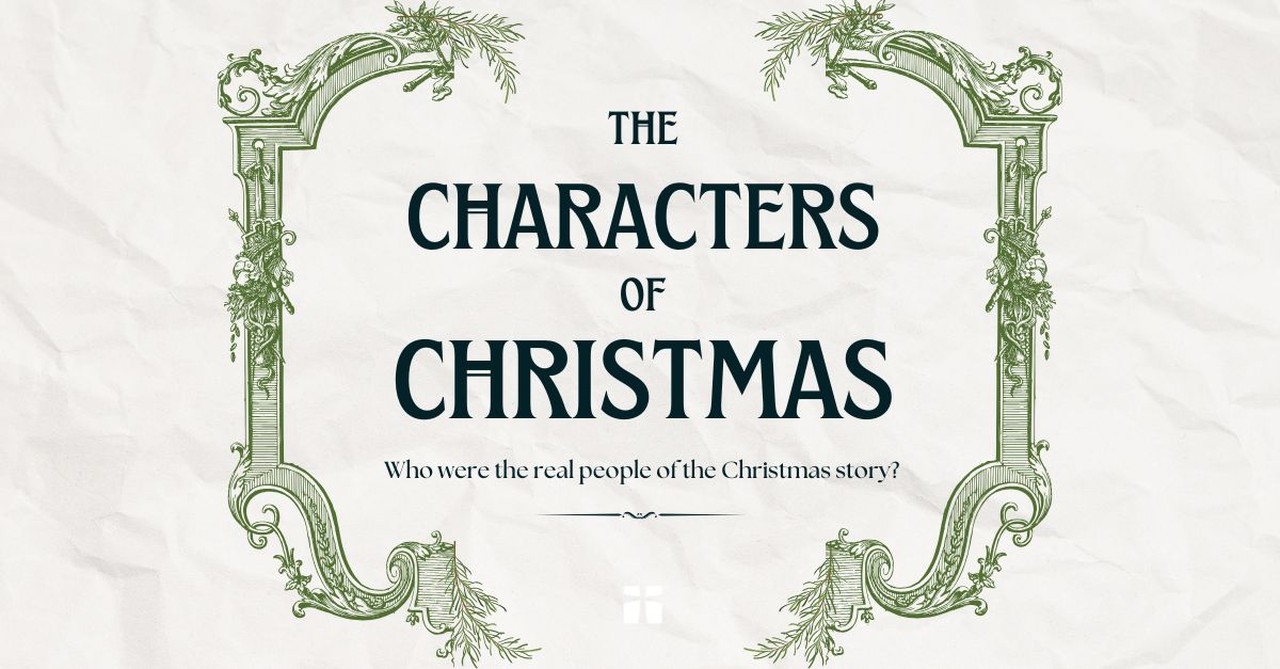2 Samuel 18:14-32
14 And Joab saith, 'Not right—I tarry before thee;' and he taketh three darts in his hand, and striketh them into the heart of Absalom, while he 'is' alive, in the midst of the oak. 15 And they go round—ten youths bearing weapons of Joab—and smite Absalom, and put him to death. 16 And Joab bloweth with a trumpet, and the people turneth back from pursuing after Israel, for Joab hath kept back the people; 17 and they take Absalom and cast him in the forest unto the great pit, and set up over him a very great heap of stones, and all Israel have fled—each to his tent. 18 And Absalom hath taken, and setteth up for himself in his life, the standing-pillar that 'is' in the king's valley, for he said, 'I have no son to cause my name to be remembered;' and he calleth the standing-pillar by his own name, and it is called 'The monument of Absalom' unto this day.
19 And Ahimaaz son of Zadok said, 'Let me run, I pray thee, and I bear the king tidings, for Jehovah hath delivered him out of the hand of his enemies;' 20 and Joab saith to him, 'Thou art not a man of tidings this day, but thou hast borne tidings on another day, and this day thou dost not bear tidings, because the king's son 'is' dead.' 21 And Joab saith to Cushi, 'Go, declare to the king that which thou hast seen;' and Cushi boweth himself to Joab, and runneth. 22 And Ahimaaz son of Zadok addeth again, and saith unto Joab, 'And whatever it be, let me run, I pray thee, I also, after the Cushite.' And Joab saith, 'Why 'is' this—thou art running, my son, and for thee there are no tidings found?'— 23 'And, whatever it be, 'said he,' let me run.' And he saith to him, 'Run;' and Ahimaaz runneth the way of the circuit, and passeth by the Cushite. 24 And David is sitting between the two gates, and the watchman goeth unto the roof of the gate, unto the wall, and lifteth up his eyes, and looketh, and lo, a man running by himself. 25 And the watchman calleth, and declareth to the king, and the king saith, 'If by himself, tidings 'are' in his mouth;' and he cometh, coming on and drawing near. 26 And the watchman seeth another man running, and the watchman calleth unto the gatekeeper, and saith, 'Lo, a man running by himself;' and the king saith, 'Also this one is bearing tidings.' 27 And the watchman saith, 'I see the running of the first as the running of Ahimaaz son of Zadok.' And the king saith, 'This 'is' a good man, and with good tidings he cometh.' 28 And Ahimaaz calleth and saith unto the king, 'Peace;' and he boweth himself to the king, on his face, to the earth, and saith, 'Blessed 'is' Jehovah thy God who hath shut up the men who lifted up their hand against my lord the king.' 29 And the king saith, 'Peace to the youth—to Absalom?' And Ahimaaz saith, 'I saw the great multitude, at the sending away of the servant of the king, even thy servant 'by' Joab, and I have not known what 'it is'.' 30 And the king saith, 'Turn round, station thyself here;' and he turneth round and standeth still. 31 And lo, the Cushite hath come, and the Cushite saith, 'Let tidings be proclaimed, my lord, O king; for Jehovah hath delivered thee to-day out of the hand of all those rising up against thee.' 32 And the king saith unto the Cushite, 'Peace to the youth—to Absalom?' And the Cushite saith, 'Let them be—as the youth—the enemies of my lord the king, and all who have risen up against thee for evil.'




Matthew Henry's Commentary on 2 Samuel 18:14-32
Commentary on 2 Samuel 18:9-18
(Read 2 Samuel 18:9-18)
Let young people look upon Absalom, hanging on a tree, accursed, forsaken of heaven and earth; there let them read the Lord's abhorrence of rebellion against parents. Nothing can preserve men from misery and contempt, but heavenly wisdom and the grace of God.
Commentary on 2 Samuel 18:19-33
(Read 2 Samuel 18:19-33)
By directing David to give God thanks for his victory, Ahimaaz prepared him for the news of his son's death. The more our hearts are fixed and enlarged, in thanksgiving to God for our mercies, the better disposed we shall be to bear with patience the afflictions mixed with them. Some think David's wish arose from concern about Absalom's everlasting state; but he rather seems to have spoken without due thought. He is to be blamed for showing so great fondness for a graceless son. Also for quarrelling with Divine justice. And for opposing the justice of the nation, which, as king, he had to administer, and which ought to be preferred before natural affection. The best men are not always in a good frame; we are apt to over-grieve for what we over-loved. But while we learn from this example to watch and pray against sinful indulgence, or neglect of our children, may we not, in David, perceive a shadow of the Saviour's love, who wept over, prayed for, and even suffered death for mankind, though vile rebels and enemies.